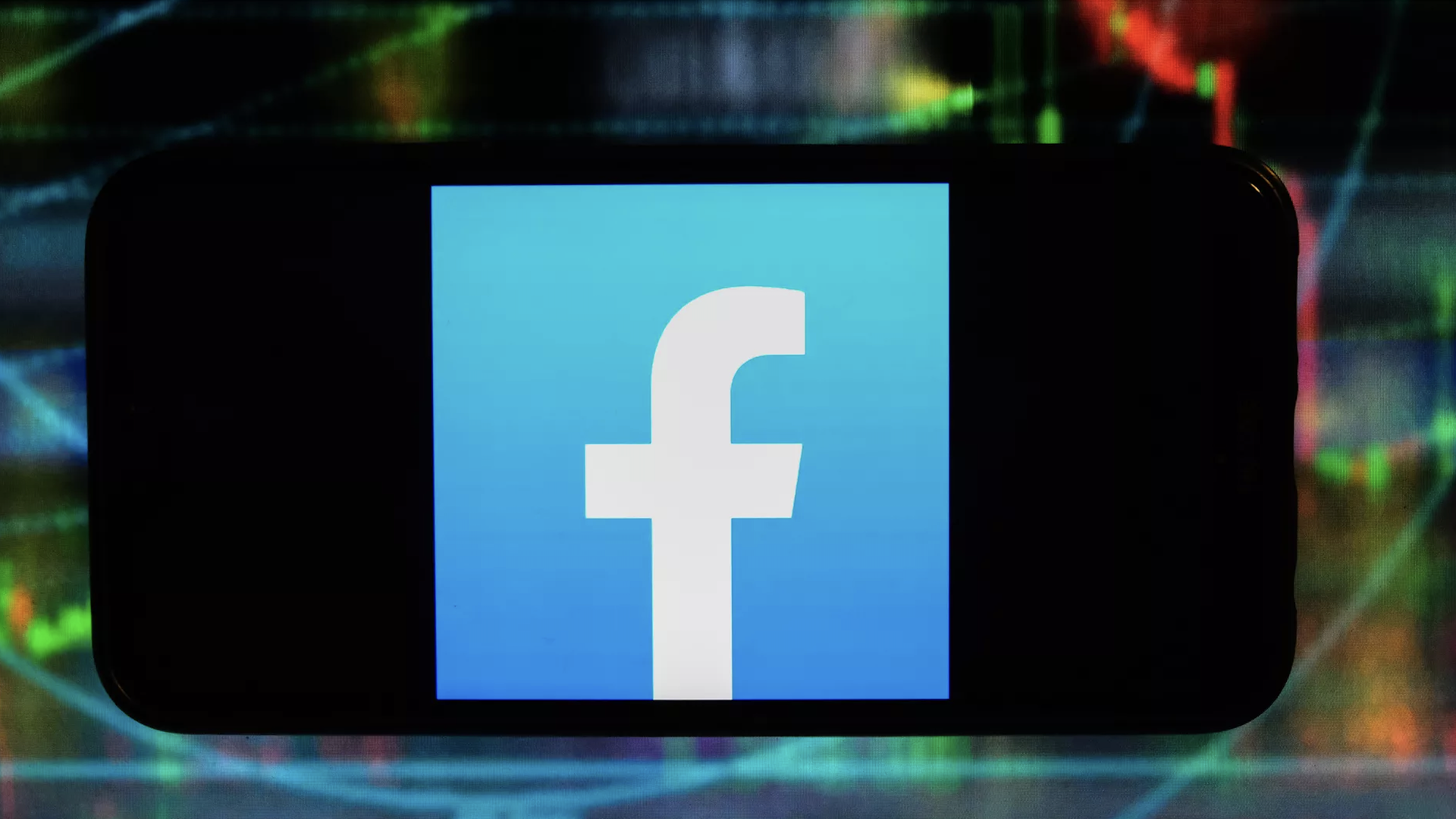| | | | | | | Presented By Charter Communications | | | | Login | | By Ina Fried ·Dec 04, 2020 | | No, you're right, it is Friday. That means tomorrow you don't even have to debate whether to get out of your PJs. It also means no Login, but we'll be back on Monday. Even if you are still in your PJs. Today's Login is 1,346 words, a 5-minute read. | | | | | | 1 big thing: A quick FCC fix could get more students online |  | | | Illustration: Sarah Grillo/Axios | | | | Broadband deployment programs aren't going to move fast enough to help families in immediate need of better internet access, as the pandemic has forced students out of school. Yes, but: Democrats at the Federal Communications Commission say the incoming Biden administration could put a dent in that digital divide with one fast policy change, Axios' Margaret Harding McGill reports. State of play: An existing FCC program known as E-rate provides up to $4 billion for broadband at schools, but Republican FCC chairman Ajit Pai has resisted modifying the program during the pandemic to provide help connecting students at home. By the numbers: A recent study by the Alliance for Excellent Education and other groups estimates that 16.9 million students are stuck in the "homework gap" — without sufficient access to the internet at home to do their work. - That includes children in one out of three Black, Latino, and American Indian/Alaska Native households, according to the study.
Why it matters: "We have an educational crisis in this country, a digital equity crisis," Jessica Rosenworcel, senior Democrat on the commission, told Axios. "And we need to use this program to fix the homework gap as fast as we can." What they're saying: - "I think it is a pretty straightforward argument that the FCC E-rate program should be able to provide funding for those who otherwise lack access to home internet so they can be in school," Colorado Attorney General Phil Weiser told Axios.
- Democratic FCC commissioner Geoffrey Starks also told Axios during an event Thursday that the program needs to be expanded to meet students where they are.
Meanwhile, government officials at the state and federal levels have urged the FCC to allow more flexibility to use program funding now to help connect students at home. - Weiser, a Democrat, petitioned the agency in September to allow schools to use E-rate money for WiFi hotspots or other connectivity solutions.
- The Interior Department also asked the FCC to expand the program to help connect students on reservations who lack adequate home broadband.
- More than 30 Democratic senators, led by Ed Markey, pressed the FCC in September to use E-rate funding to connect students at home.
The other side: Pai has argued the law requires program funding be used in "classrooms" and virtual classrooms don't cut it. An FCC spokesperson said Pai has instead called on Congress to establish and fund a new remote learning initiative. - Susan Enfield, superintendent of Highline Public Schools outside of Seattle, said she is hopeful the FCC will handle the program differently in the next administration.
- "It really is unconscionable in my mind, that the capacity and opportunity has been there and the FCC has chosen not to do it," Enfield said.
What's next: Expect this to be a priority for the Biden FCC, especially if Rosenworcel (who coined the term "homework gap") leads it. - Senate Majority Leader Mitch McConnell has teed up a vote to confirm Trump nominee Nathan Simington next week, in a potential bid to deadlock the agency along party lines.
- But a Democratic FCC head would still have leeway to make some changes to the program without a commission vote.
|     | | | | | | 2. Using apps to prevent deadly police encounters |  | | | Illustration: Sarah Grillo/Axios | | | | Mobile phone apps are evolving in ways that can stop rather than simply document deadly police encounters with people of color — including notifying family and lawyers about potential violations in real time, as Axios' Russ Contreras reports. Why it matters: As states and cities face pressure to reform excessive force policies, apps that monitor police are becoming more interactive, gathering evidence against rogue officers as well as posting social media videos to shame the agencies. - Civil rights advocates praise these tech advances, but some law enforcement advocates fear the videos could be manipulated, or that streaming could turn police into targets.
How it works: Updated apps allow users to monitor police encounters and send information to a variety of different sources, even if an officer tries to damage a phone. - A revamped Legal Equalizer app captures police encounters after the user is pulled over, automatically notifying loved ones and providing basic legal information on the spot. Eventually, Legal Equalizer hopes to connect users with local attorneys for real-time consultation via Zoom.
- The new version of the American Civil Liberties Union's Mobile Justice app records and submits police incidents directly to local ACLU chapters. The app also lets users text videos to family and attorneys.
- The Cop Watch Video Recorder app opens with Siri on iPhones, automatically beginning filming and sending footage to the cloud.
The big picture: These apps seek to empower victims of police violence to be more proactive rather than having to rely on videos to go viral after incidents have occurred. The other side: "My concern is that someone turns on an app during a routine traffic stop, and, all of a sudden, a mob shows up and confronts an officer just doing his job," said Tony Mace, chair of the New Mexico Sheriffs' Association. "It could make situations worse." - Mace said many law enforcement officers welcome more video evidence and see the benefits of engaging family members to manage a mental health crisis. But "I also fear that videos could be edited and shared out of context."
What's next: Raheem, an Oakland, California-based mobile platform, is developing a widget that can be added to websites so victims can report abuse to the proper agencies. Go deeper: Using tech to police the police |     | | | | | | 3. Report: Ga. runoff misinfo still rampant on Facebook |  | | | Photo: Omar Marques/SOPA Images/LightRocket via Getty Images | | | | Misinformation is proliferating on Facebook about January's Senate runoff elections in Georgia despite the company's efforts to keep conspiracy theories and falsehoods at bay, according to new data from nonprofit human-rights group Avaaz, Axios' Ashley Gold reports. Why it matters: The Georgia runoffs are a test for the fact-checking and labeling programs of Facebook and other social media companies, as President Trump and his allies continue to spread false theories about voter fraud. Catch up quick: Facebook CEO Mark Zuckerberg pledged "a similar approach" in the runoffs to Facebook's actions during the general election, which included limits on the reach of posts and livestreams thought to contain misinformation. By the numbers: Facebook didn't issue fact-checking labels on 60% of a selection of Georgia-related election misinformation, Avaaz said. - In 204 posts Avaaz analyzed, garnering 643,00 interactions, there were 12 different false claims, including about voter fraud, violence targeting Black voters and a claim that Senate candidate Raphael Warnock supports Fidel Castro.
The big picture: It remains unclear just how much impact Facebook's policies are having on the spread of misinformation and inflammatory material. The other side: "We share Avaaz's goal of limiting misinformation," said Facebook spokesman Andy Stone, who noted the company has now fact-checked some of the content references in the report. |     | | | | | | A message from Charter Communications | | Charter is investing in their employees | | |  | | | | Connectivity matters more than ever. As we face these challenging times together, Charter's 95,000 employees have stepped up to help Americans stay connected. That's why Charter is investing in them, now and in the future – including by permanently increasing its minimum wage to $20 an hour. | | | | | | 4. Warner's 2021 releases also going to HBO Max |  | | | Scene from "Dune." Credit: Warner Bros. | | | | In a move that will likely shape the future of cinema for years to come, Warner Bros. said Thursday that it will release its entire 2021 film slate on HBO Max, the streaming service owned by its parent AT&T, at the same time that the films debut in theaters. Why it matters: It's the latest and most aggressive effort by a movie studio to get its titles in front of audiences at home during the pandemic, Axios' Sara Fischer reports. Yes, but: The move is a major blow to movie exhibitors, which are already struggling to survive the pandemic. Details: Warner Bros. said in a statement that it will put all 17 of its 2021 movies on HBO Max, including "Matrix 4," "Suicide Squad 2" and "Dune," for one month in the U.S. - After that month, the films will leave the streaming service and will continue to appear exclusively in theaters for the next 60 days. (For decades, the window of exclusivity for theaters has been 90 days.)
The big picture: Warner Bros. says this "hybrid model" was created as a strategic response to the impact of the pandemic and that it will only last for a year. But it's hard to imagine that this initiative, along with similar efforts from other studios, will be temporary. |     | | | | | | 5. Take Note | | On Tap Trading Places - SurveyMonkey hired former IBM and Neustar executive Ken Ewell as its first chief customer officer.
ICYMI |     | | | | | | 6. After you Login | | I usually try to end on a fun note, but this image was too powerful not to share. Stay safe... |     | | | | | | A message from Charter Communications | | Charter is building connections to empower opportunity | | |  | | | | Charter is building more connections to empower opportunity from coast to coast. We've reached 1.5 million new homes and businesses in the past two years alone – about a third were in rural areas. Learn more about how Charter is empowering opportunity. | | | | | | Axios thanks our partners for supporting our newsletters.
Sponsorship has no influence on editorial content. Axios, 3100 Clarendon Blvd, Suite 1300, Arlington VA 22201 | | | You received this email because you signed up for newsletters from Axios.
Change your preferences or unsubscribe here. | | | Was this email forwarded to you?
Sign up now to get Axios in your inbox. | | | | Follow Axios on social media:    | | | | | |








No comments:
Post a Comment